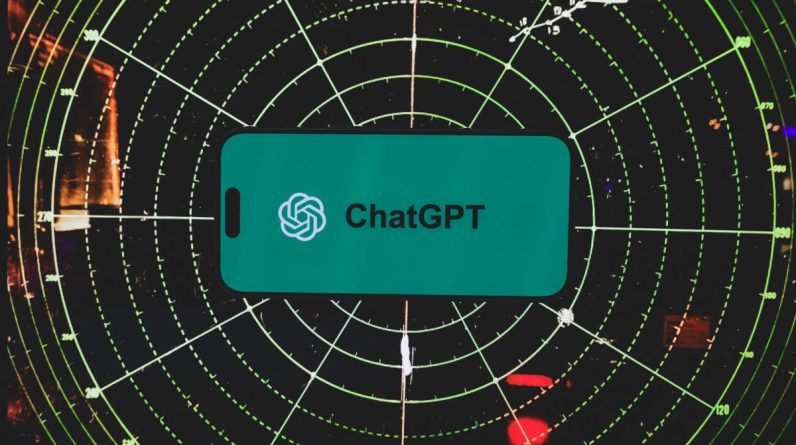Will artificial intelligence upend or help the media and entertainment industry? That’s one of the hot topics of debate of our time. In particular, whether cheap AI-generated content can outperform human creativity. Management consulting firm Bain & Co., in a new research report, is optimistic that machines aren’t ready to replace humans, at least not yet.
“Media and the ways companies make money from it are both changing, but creative, human-led content remains king,” conclude Bain partners Nicole Magoon, Amanda OBrien, and Matt Keith in the report “Not Yet, Robots: How to Win in Media’s Flooded Era.”
But let’s start off with recent signs of a potential flood of AI-generated content. “Amazon now limits the daily number of Kindle publications, music streaming platforms face an unprecedented number of fully AI-generated uploads, and social media offers avatar influencers,” notes the Bain report. Promises of AI technology allowing more people to produce programming more cheaply than ever before are also often mentioned.
Bain research finds that around 60 percent of today’s creators who make a type of content they also consume would use AI to create content types they haven’t previously produced, “which means the unending river of uploaded user-generated content (UGC) will become an ocean,” the firm’s partners say. Much of this may not get a big amount of views, but it will make it even harder for audiences to find content they want in an ever more crowded market.
As a result, AI will only accelerate a change in the media and entertainment space, namely a proliferation of content coming from more sources and places. The fact that content is ubiquitous and more social than before will force “both media and tech companies [to be] vying to be the gatekeeper,” note the Bain experts.
Importantly, though, “Pandora’s AI box is open, and nothing’s going back in,” they emphasize.
“Undiscovered creatives making ‘good enough’ content for which they previously lacked the tools,” the Bain team concludes. That sliver will compete with traditional media for consumers’ time, even if the rest doesn’t.”
Also, the improvement in output per unit of cost thanks to AI will “augment what smaller, independent studios, labels, and publishers can do,” argues the report. “They’ll be able to create premium content at a fraction of the cost, making indies competitive in segments they’ve never touched before.”
What does all that mean for the big incumbent studios, labels, and publishers? They “must find efficiency gains to remain competitive,” by putting to use AI tools, the report suggests. But they must do so “without affecting core creative differentiation,” it warns. Or, in other words: “Your scriptwriters have a process; don’t mess it up.”
And given the improved standards of indies, “major media companies will need to make their content and experiences even more premium,” concludes the Bain report. “Using new tech tools, such as virtual production in films or AI to expand massive gaming worlds, can enable them to innovate and push creative boundaries.”
Among the other findings that the Bain team highlights is that “most U.S. respondents hesitate to consume AI-generated media, but they don’t mind it assisting the creative process.” As a result, they argue that “intellectual property, know-how, and talent pipelines give traditional media more of an advantage than people think.”
Their prediction and recommendation for sector players: “nurture creative talent and incorporate new tools as AI threatens the power of platforms.”
Conclude the Bain experts: “Before we abandon creativity to serve our robot producer overlords, let’s remember that computer-generated images (CGI) ‘changed everything’ for films, digital audio workstations ‘changed everything’ in music production, and e-books ‘changed everything’ for publishing. We won’t even start on what the internet did. Despite the revolutionary changes wrought by new tools — and that’s exactly what AI is, a tool — a lot hasn’t changed in media and entertainment since (probably) the printing press.”
And the key is still unchanged, highlights the Bain report: “Success still requires producing great content at a competitive cost, effectively engaging your audience so they consume that content, and monetizing that engagement.”



